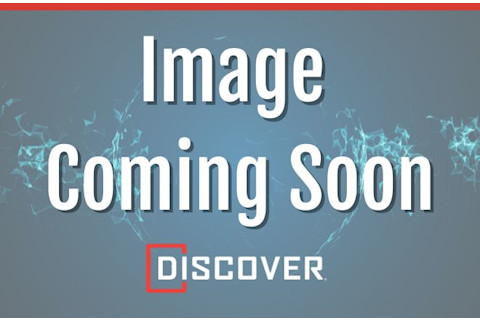Today I was going to blog this paper, which says that you can predict which kids will grow up and be criminals by measuring their Pavlovian fear conditioning at age 8. In Mauritius. But The Last Psychiatristalready said everything I was going to.

Luckily, there's another article in the American Journal of Psychiatry about crime in a tropical country for me to write about - Randomized, Double-Blind, Placebo-Controlled Trial of Vigabatrin for the Treatment of Cocaine Dependence in Mexican Parolees.
The study found that a drug called vigabatrin helped Mexican cocaine users to stay clean. The addicts were all on parole from jail. They "were poor and unemployed or underemployed, and none had permanent telephone numbers", had a mean age of 30, and had been using cocaine, including crack, for 9 years on average. A difficult population, then.
They were given either vigabatrin, or placebo, every morning for 7 weeks, and their cocaine use was measured with urine samples twice a week. If they managed to stay clean for 3 straight weeks, that was counted as successful treatment. What happened? In the placebo group, almost no-one managed to get clean - just 4 out of 53 (7.5%). But in the people on vigabatrin, 14 out of 50 made it (28%):

Now there's two ways of describing this result. You could say, as the authors did, that "nearly four times as many subjects taking vigabatrin achieved full end-of-trial abstinence", which makes it sound amazing. Four times as many, woo! Or you could say that only 1 in 5 people were helped by the drug - not so good. But hey, it's still a result. And it's a lot more impressive than the "cocaine vaccine".
Interestingly, many of the cocaine addicts were alcoholics too, and in the vigabatrin group 10 of them (43%) also achieved abstinence from alcohol, vs just 1 (6%) in the placebo group.
What's vigabatrin? It's an anticonvulsant used in some countries - including Mexico but not the U.S. - to treat severe forms of epilepsy. Like most anticonvulsants, it works on the neurotransmitter GABA which inhibits neural firing; specifically, vigabatrin prevents GABA from being broken down by an enzyme in the brain. In laboratory experiments, it stops rats and mice from enjoying the effects of cocaine, probably because it blocks the ability of cocaine to increase dopamine levels.
That all sounds promising, but there's a catch. Vigabatrin causes "a tardive peripheral visual field defect that is typically asymptomatic and neither progresses nor resolves upon treatment cessation" as the paper tells us. In other words, prolonged use causes permanent loss of peripheral vision, i.e. "tunnel vision". This can be severe in some cases. They tested for it, and it didn't happen to anyone in this study, but that's probably because it was a short trial and the cumulative total dose was about 10% of the amount that's thought to cause problems: 130g vs. 1,500g. Long-term treatment might be more of an issue.
So why use vigabatrin, when there are plenty of other anticonvulsants that don't permanently damage your eyes? This is the first placebo-controlled trial of vigabatrin but there have been many trials of other anticonvulsants for cocaine dependence and they generally didn't work. So maybe vigabatrin is unique and more effective than other drugs of its kind. Only time, and bigger trials, will tell.

Brodie, J., Case, B., Figueroa, E., Dewey, S., Robinson, J., Wanderling, J., & Laska, E. (2009). Randomized, Double-Blind, Placebo-Controlled Trial of Vigabatrin for the Treatment of Cocaine Dependence in Mexican Parolees American Journal of Psychiatry, 166 (11), 1269-1277 DOI: 10.1176/appi.ajp.2009.08121811













